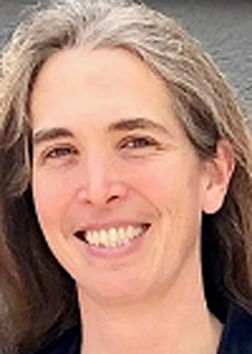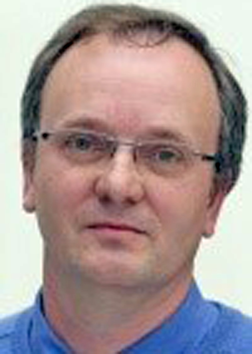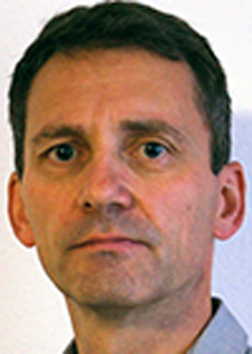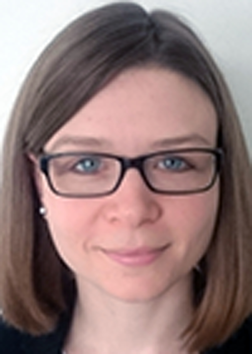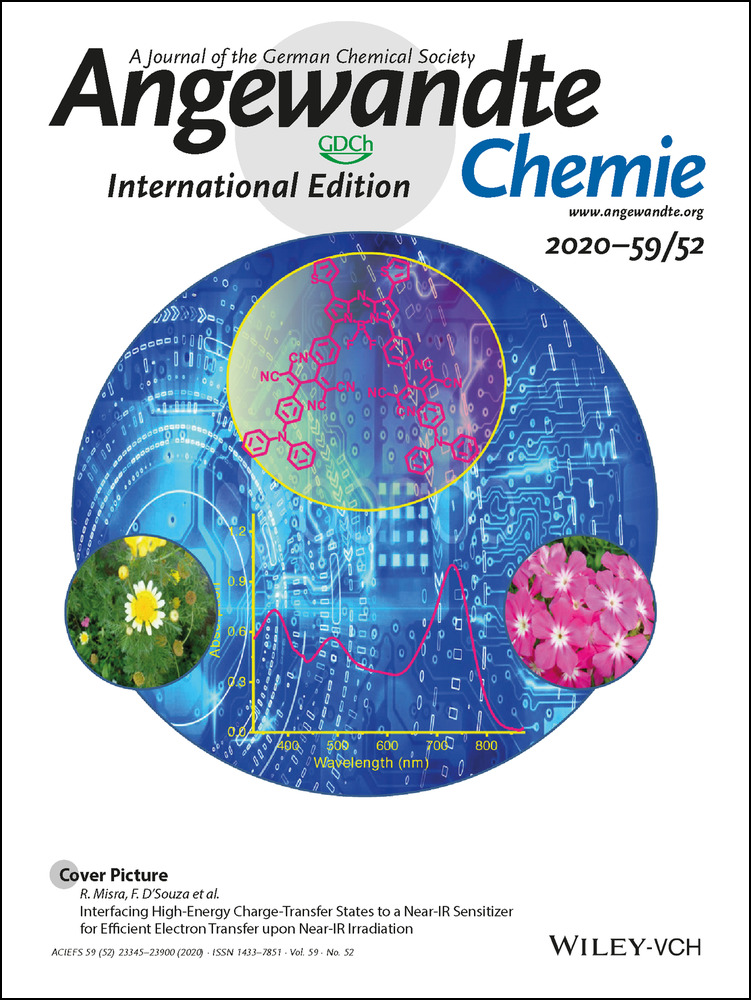Redefining Angewandte Chemie as an Inclusive Home for Excellent Science
Abstract
Angewandte Chemie has the responsibility to foster an inclusive environment in chemistry for all. We see the world around us changing, and we are changing with it. We have begun shaping a new version of our journal, with diversity, equity, and inclusion, transparency, and a continued commitment to scientific excellence as the guiding principles.
Angewandte Chemie, as a leading chemistry journal, has the responsibility to foster an inclusive environment in chemistry for all. We see the world around us changing, and we are changing with it. Together with the German Chemical Society, GDCh, which owns the journal, we are shaping a new version of our journal, with diversity, equity, and inclusion (DE&I), transparency, and a continued commitment to scientific excellence as the guiding principles.
As recently announced in a letter from Wiley-VCH and the GDCh to the community (see the Supporting Information), we as the new Executive Committee (see box below) have taken on the editorial leadership of Angewandte Chemie. The committee is a clear and conscious departure from a traditional single Editor-in-Chief. We work together as a team, each with a separate remit, but sharing responsibility for the development and success of the journal as a leader in chemistry. We are committed to fostering an environment in which different voices are heard and in which no one is marginalized for being who they are.
In response to the clear need for significant change, we have discontinued the invitation of Author Profiles and the publication of News pieces in the current form. Our previously applied selection criteria have promulgated common stereotypes and do not fulfill our aim of highlighting a diverse range of achievements and success stories. We look forward to rebuilding this section of the journal to showcase the broad range of personal experience within the chemistry community. We have already received valuable input from DE&I experts, as well as thought-provoking suggestions from the editorial and advisory boards and the editorial team of Angewandte Chemie that will form the cornerstone of this part of the journal to ensure that it provides value, encouragement, and inspiration to our community.
Reducing the potential for bias in our editorial processes is of utmost importance in establishing an inclusive system. Journal editors have received thorough DE&I training, and Wiley-VCH, as publisher of Angewandte Chemie, is currently engaged in broad and systematic work to bring DE&I principles to everything we do. A robust, wide-reaching training plan for all colleagues is being developed.
To identify any indications of bias in our editorial work, we have initiated a data-based deep dive on diversity parameters. We are pleased to work with Prof. Hans-Dieter Daniel (University of Zurich), whose scholarly interests include quantitative studies of science with a focus on peer review research and evaluative bibliometrics.1-4 He is conducting an independent research project to track diversity parameters at Angewandte Chemie on both a retrospective and a prospective basis.
In parallel, we are undertaking an internal review of our editorial evaluation and peer review processes. The experienced team of professional editors at Angewandte Chemie ensures excellent scientific quality and guides all manuscripts through the review process in a timely, fair, and transparent fashion; they will continue to do so with our full support. Using the results of the analysis by Prof. Daniel as a basis, we will engage with DE&I experts to determine robust ways to eliminate any bias in our current procedures and to mitigate the effects of systemic bias in the research and publication sphere. We will ensure that our peer review process is fair and inclusive, selecting the best papers for publication based on scientific merit alone.
It is critical that the journal listens to and engages with diverse voices from the world-wide chemistry community. To this end, we are working with the GDCh to make changes to the board structure of the journal. We will establish a group of Advisory Editors to support the editorial team. The Advisory Editors will be top experts in their field of chemistry with a variety of personal experience and backgrounds. In parallel, the larger International Advisory Board will be rebuilt into a highly diverse and truly global body. We are working with the GDCh to establish nomination criteria so that the board represents different voices and experiences of chemists from around the world.
Everyone involved in the journal is fully committed to Angewandte Chemie becoming a strong advocate for DE&I in the chemical sciences. For significant change beyond our journal, the need for a diverse and inclusive research culture must be endorsed by the entire community. The GDCh, together with dozens of chemical societies worldwide, has pledged in the “Statement on inclusion and diversity in the chemical sciences” (https://www.rsc.org/news-events/articles/2020/jun/id-joint-societies-statement/) to work to eradicate discrimination and inequality. Wiley has joined other publishers in the “Joint commitment for action on inclusion and diversity in publishing” (https://www.rsc.org/new-perspectives/talent/joint-commitment-for-action-inclusion-and-diversity-in-publishing), which looks to minimize existing biases in scholarly communication, with all signees working together towards a research culture change. We have also reached out to the Committee on Publication Ethics (COPE), which has graciously agreed to support our efforts. We would welcome COPE to engage its member publishing houses, and through them the wider community, in discussion and action on DE&I more broadly.
We have begun a journey to build an inclusive and equitable journal of the highest scientific quality and impact, and our dedication to reaching this goal is strong. We will continue to share our progress through various channels, and we look forward to hearing from the communities we serve as we put our plans into action.
Biographical Information
Theresa Kueckmann studied chemistry at the University of Minnesota and completed an MS at the Freie Universität Berlin with Ulrich Abram. She was awarded her PhD by the Goethe-Universität Frankfurt for a thesis on transition-metal complexes of silylchalcogenolates with Matthias Wagner. She joined Wiley-VCH in 2007. In addition to her role with Angewandte Chemie, she is responsible for a portfolio of journals that Wiley-VCH publishes with Asian societies. On the executive committee, she is responsible for the strategic direction of the journal as regards its commitment to diversity, equity and inclusion and for the implementation of the associated change process.
Biographical Information
Neville Compton obtained his PhD from the University of Newcastle upon Tyne working with Nick Norman and John Errington on transition-metal bismuth chemistry, before moving to the Universität Heidelberg to do research with Gottfried Huttner. He joined the publishers in 1992, became Deputy Editor of Angewandte Chemie and Chemistry–A European Journal in 1997, and subsequently Editor of the latter in 2002, of ChemPlusChem in 2012, and of Angewandte Chemie in 2017. On the executive committee, he is responsible for operational management of the editorial office.
Biographical Information
Frank Maaß studied chemistry at the Darmstadt University of Technology, where he completed his PhD with research in atmospheric chemistry in 1999 under the supervision of Prof. Horst Elias. He joined Wiley-VCH in 2000. On the executive committee, he is responsible for scientific and editorial content and for peer review and editorial decision-making.
Biographical Information
Xin Su (苏鑫) received his BSc in chemistry from Nankai University in 2009 and PhD in organic chemistry from Dartmouth College in 2013. Following postdoctoral training at the National Energy Technology Laboratory in Pittsburgh, he worked as an associate editor for Wiley′s materials science journals including Advanced Materials from 2015 to 2017. After spending a year at SpringerNature as a senior editor of Nature Chemistry, Xin joined the editorial team of Angewandte Chemie in 2018. On the executive committee, he is the regional representative for Asia.
Biographical Information
Nathalie Weickgenannt studied chemistry at the University of Oxford, completing her MChem degree with research into chiral fluorinating reagents in the group of Véronique Gouverneur. She obtained her PhD from WWU Münster for studies in the area of N-heterocyclic carbene organocatalysis under the supervision of Frank Glorius and joined Angewandte Chemie in 2013. On the executive committee, she is responsible for scientific and editorial content and for peer review and editorial decision-making.
Biographical Information
In addition to these five members, the Executive Committee includes a regional representative for the Americas, who is currently being recruited.



